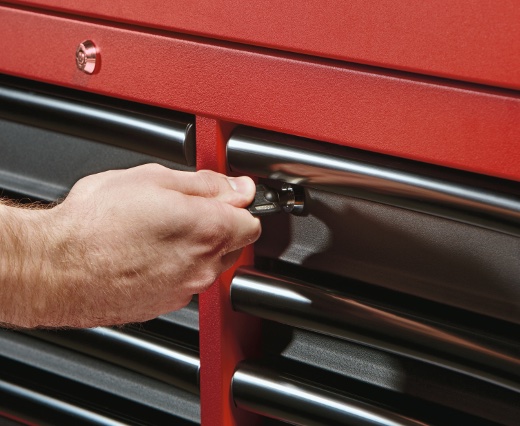Chisels have been fundamental tools in construction and woodworking for centuries. From ancient structures to modern architectural achievements, chisels have maintained their importance. This article examines the versatile uses of chisels, their interaction with contemporary materials like geocomposites, and answers frequently asked questions about these essential tools.

What is a Chisel and How is it Used in Construction?
A chisel is a hand tool with a sharp cutting edge designed for carving or cutting hard materials such as wood, stone, or metal. In construction, chisels are utilized for a variety of tasks, including detailed woodwork and breaking concrete. Different types of chisels are tailored for specific purposes:
- Wood chisels: Used in woodworking and cabinetry.
- Cold chisels: Ideal for cutting metals and stones.
- Masonry chisels: Perfect for shaping bricks and stones.
Modern construction often involves the use of traditional tools alongside advanced materials. For example, when working with geocomposites for drainage systems, chisels are essential for precise cutting and fitting around existing structures.
How Do Chisels Work with Geocomposite Materials?
Geocomposites are advanced materials composed of geotextiles and geomembranes, used in civil engineering for drainage, filtration, and soil reinforcement. Chisels are crucial in the preparation and installation of these materials:
- Cutting and Shaping: Chisels cut and shape geocomposites to fit specific areas, ensuring precise installations.
- Trimming: After installing geocomposites, chisels help trim excess material for a clean finish.
- Repair Work: If geocomposites are damaged, chisels assist in carefully removing the affected sections without disturbing the surrounding material.
Which Chisels are Best for Different Materials?
Selecting the right chisel for the job is crucial for efficiency and safety. Here’s a breakdown of which chisels are best for various materials:
- Wood: Beveled edge chisels are perfect for fine woodworking, providing detailed carving and smooth finishes.
- Metal: Cold chisels, made from hardened steel, are excellent for cutting and shaping metal, offering durability and precision.
- Stone and Concrete: Masonry chisels, with their sturdy design, are suitable for breaking and carving stone and concrete.
For geocomposites, utility knives are commonly used for initial cuts, but chisels refine these cuts and assist in detailed adjustments.
How to Maintain Your Chisels for Longevity?
Proper maintenance is key to ensuring your chisels remain effective and long-lasting. Here are some tips:
- Sharpening: Regularly sharpen chisels using a honing stone or mechanical sharpener to keep the edges sharp and effective.
- Cleaning: Clean chisels after each use to remove debris. For metal chisels, applying a light coat of oil can prevent rust.
- Storage: Store chisels in a dry, secure place to protect them from damage and moisture. Protective covers or cases can further enhance their lifespan.
Chisels continue to be essential tools in construction and woodworking, even as new materials like geocomposites are introduced. Understanding the different types of chisels and their applications ensures the right tool is selected, enhancing both efficiency and safety. Proper maintenance ensures chisels remain effective and durable for years to come. Whether you’re crafting intricate wood designs or working with geocomposites, a good chisel is a crucial part of your toolkit.
